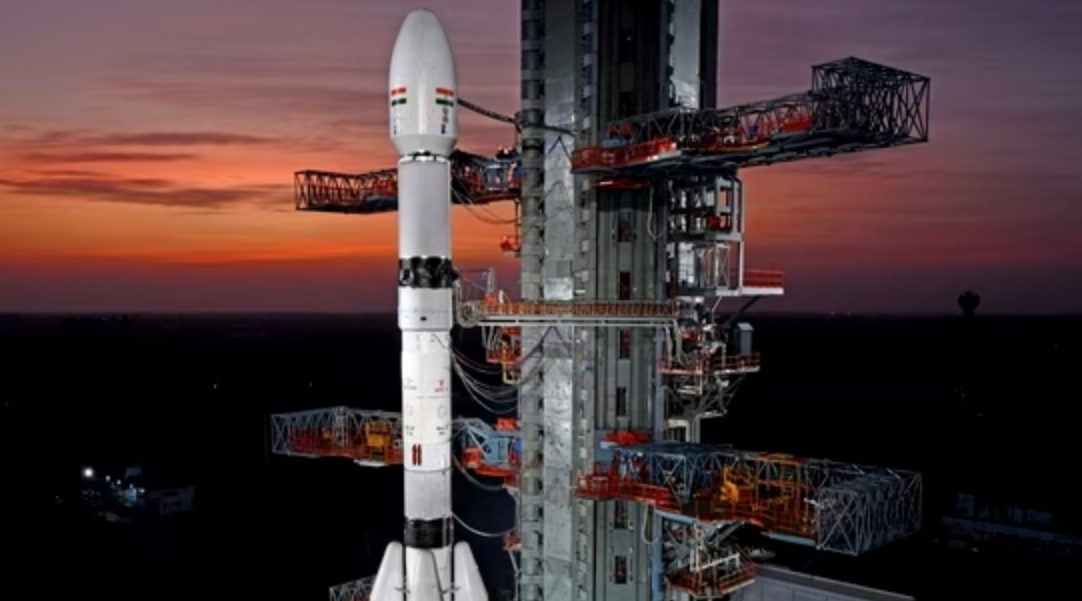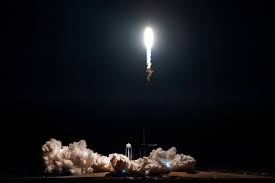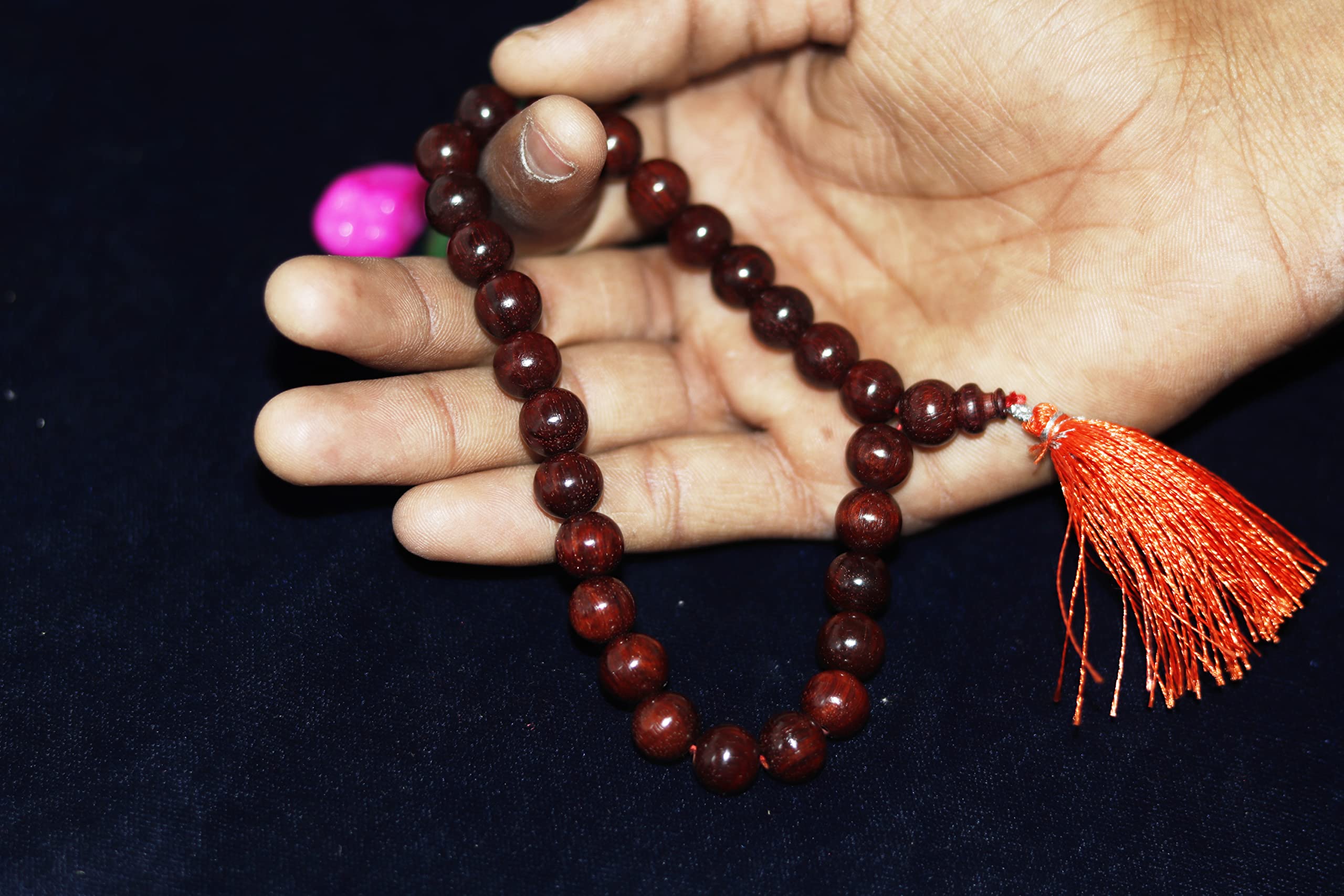Preparations for launches in February of the Progress MS-16 spacecraft and the Arktika-M spacecraft have passed into the last stages
Already on February 15, the launch of the Progress MS-16 cargo transport vehicle should take place. It will replace Progress MS-15, which has already left the ISS and burned out in the atmosphere. On February 9, 2021, the ship underwent an author’s inspection, after which a set of technological operations for rolling the nose fairing was performed in preparation for launch.










